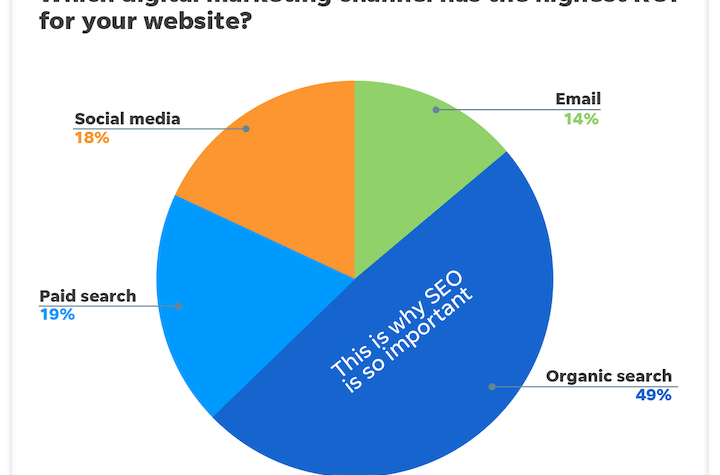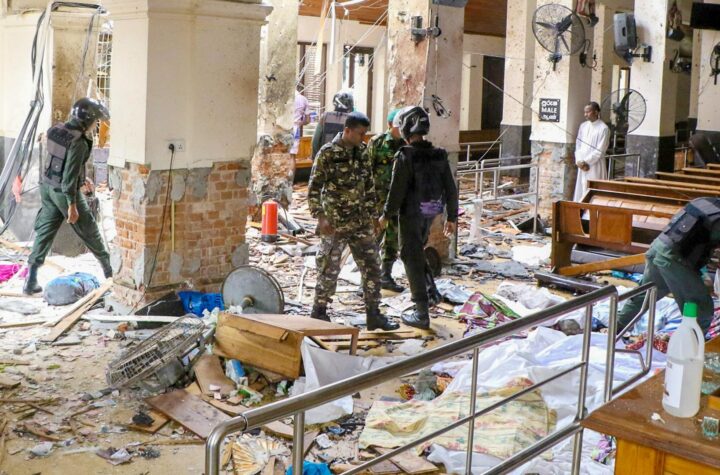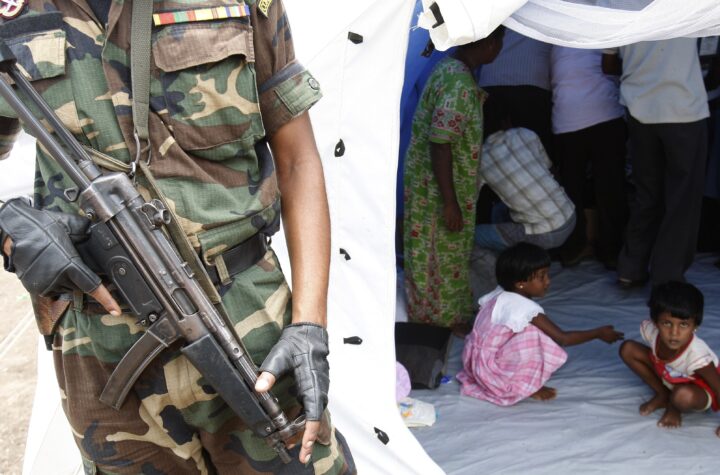
The “ evils ” of the curia
On December 22, a few days before Christmas, the Pope, in his greeting speech, severely criticized the Roman curia, drawing up a list of diseases from which it would be affected: ” spiritual alzheimer ”, ” mental fossilization ”, ‘ ‘existential schizophrenia’, ‘false narcissism,’ worldly rivalries’. A harsh speech, unprecedented in its virulence, which testifies to the will of the Pope, and perhaps also to his difficulty, to reform the government of the Church. Going so far as to declare that he sometimes felt “anticlerical”, the sovereign pontiff called the members of the curia to a real “examination of conscience”.
Getting the finances of the Church in order
With the aim of consolidating the finances of the Church, and for the sake of transparency, the Pope created in 2014 an Economic Council composed of eight prelates and seven lay people. He also created a new structure within the Curia, a Secretariat for the Economy, headed by Australian Cardinal George Pell. This vast overhaul of the Church’s finances has already made it possible to “miraculously” find hundreds of millions of “undeclared” euros in the coffers of the Holy See. Other surprises cannot be ruled out.
A strengthened diplomatic role
The Pope has played a leading role in the historic rapprochement between the United States and Cuba, after half a century of diplomatic freeze. Secret talks were thus held at the Vatican and the Pope wrote to the two presidents calling on them to “resolve humanitarian issues of common interest.” The Vatican could attempt other mediations, particularly between Russia and the West on the matter. burning of the Ukrainian crisis. During his visit on Tuesday to Sri Lanka, a country marked by three decades of civil war, François also called for unity and national reconciliation.
The condemnation of fundamentalism and amalgamation
On Monday, during his annual speech to the diplomatic corps at the Vatican, the Pope denounced the ferocity of fundamentalism which refuses “God himself, relegating him to the rank of a pure ideological pretext”. A few weeks earlier, on November 30, he called on all Muslim leaders – political, religious – as well as intellectuals to clearly and unambiguously condemn Islamist terrorism, believing that their unanimous stand would help fight the Islamophobia and amalgams. “This would help a majority of Muslims (…) We all need a global condemnation” he declared in particular.
The fight against climate change
In 2015, the Pope is to publish an encyclical on the fight against global warming and greenhouse gas emissions, which primarily threaten the poorest populations. He could soon raise the issue with religious and political leaders and participate in the Paris Climate Conference in November. The day after his election, he declared: “We are“ guardians ”of Creation, of God’s plan inscribed in nature, guardians of the other, of the environment. “





More Stories
Search Engine Optimization Market Massive Growth in Asia countries
21 dead in Sri Lanka bombing
Sri Lanka: UN concerned about humanitarian situation after end of conflict